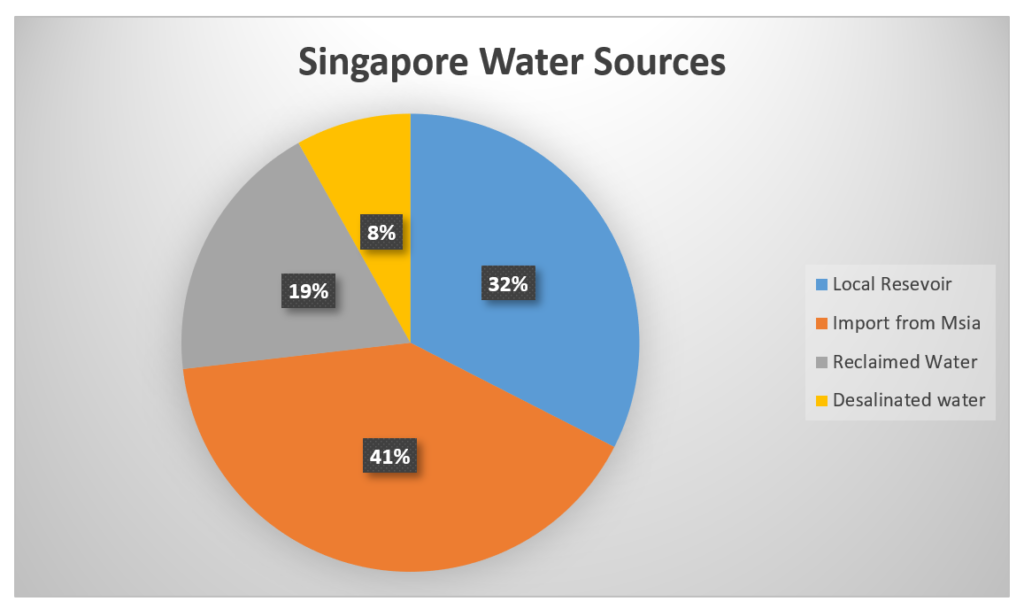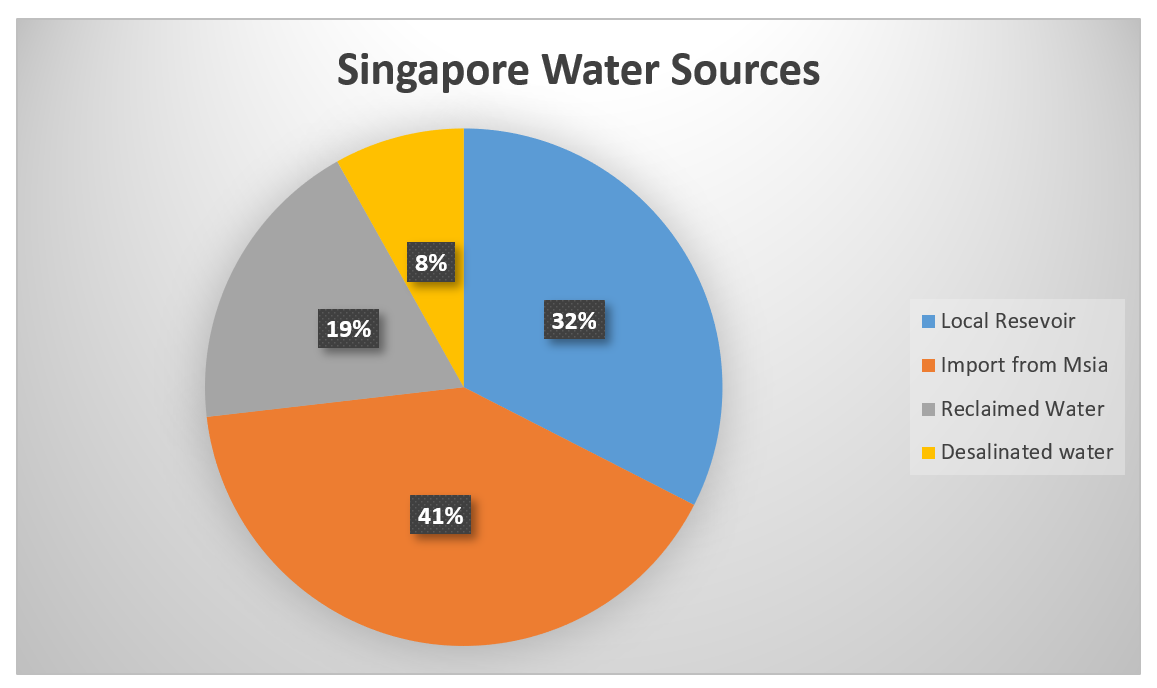Malaysia and Singapore PM jointly agree on arbitration to resolve water dispute

The meeting between Malaysia’s Prime Minister Tun Dr Mahathir Mohamad and Singapore’s Prime Minister Lee Hsien Long have been heavily publicized this week. One of the most discussed issues was regarding the water trade between the two countries. Both leaders agree that this issue needs to be settled swiftly.
Historically, under the 1962 Johor River Water Agreement, Malaysia will sell water to Singapore at 3 cents for every 1,000 gallons. In return, Singapore sells treated water back to Johor at 50 cents per 1,000 gallons. The agreements will only expire after 99 years, which is in 2061.
But now, Tun M does not see this as a feasible arrangement, and called for a renegotiation. During Tun M’s previous tenure as Prime Minister, he raised the issue for discussion but to no avail.
As in the agreement, Singapore draws up to 250 million gallons of water a day from the Johor River. Currently, the water demand in Singapore tallies about 430 million gallons a day, to visualize that’s 782 Olympic sized swimming pools.
Right now, Singapore gathers water in four methods: local reservoirs (subjected to rainfall), NEWater (treated reclaimed water), desalinated water (seawater), and imports from Malaysia. Among the methods, imported water from Malaysia stands with the highest percentage.

Evidently the negotiation is important as Singapore’s water demands are predicted to increase in the non-domestic sectors in future.
Besides, both leaders need to identify appropriate measurements to develop schemes which will increase the yield of Johor River, and at the same time safeguard its environmental conditions and water quality. Moreover, Lee noted high ammonia levels in the water lately, citing the Sungai Kim Kim incident as a problem to avoid.
Lee mentioned Malaysia lost its chance to review the price of water, but nonetheless empathised Tun M’s perspective of the situation. In conclusion, both leaders agreed for their attorney-generals to meet and discuss the legal positions of the water issue.

